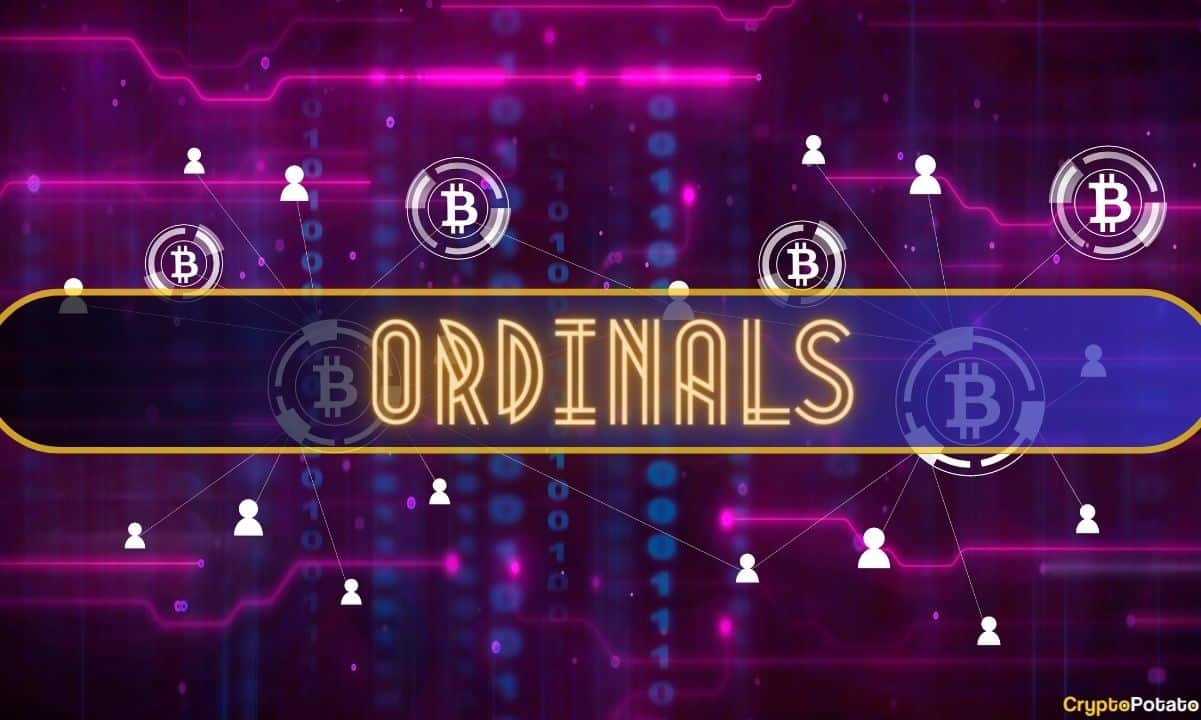
In its latest report, BitMEX Research examined how BRC-20 Tokens and Ordinal images are affecting Bitcoin node verification.
The study looked at Ordinal-related data on Bitcoin, including the transaction count and data size, to determine their impact on node operators.
BRC-20 Tokens Strain Bitcoin Nodes More Than Images
The September 8 report revealed that BRC-20 tokens create more problems for some Bitcoin node runners than Ordinal images. Notably, the former make up 92.5 million transactions while the latter account for only 2.7 million, yet both use about 30GB of storage. However, BRC-20 transactions put greater strain on nodes, while larger image-based Ordinals have little to no effect on performance.
BitMEX explained that large Ordinal images are easier for nodes to handle than regular transactions since they are stored in a non-executed part of the Taproot witness, and do not require signature checks. This makes them less demanding to verify and sometimes even helpful for scaling because they take up blockspace without adding to the UTXO set.
On the other hand, BRC-20 transactions function more like regular Bitcoin activity. Despite being smaller in size, they have expanded the UTXO set, growing from 84 million to 169 million between December 2022 and September 2025. This increase is creating challenges for node runners, especially those operating pruned ones. Data shows that such transactions have paid higher fees for blockspace, contributing more than 5,000 BTC since the protocol was introduced.
Tests Show Larger Ordinals May Speed Verification
BitMEX ran several tests for nearly three years to measure how quickly nodes could download and verify blocks with different levels of Ordinal-related data. The results suggest that large amounts of “arbitrary data” can actually speed up blockchain verification, with around 11% of the differences in speeds being due to larger inscriptions.
However, the researchers warned that the results do not mean Ordinal images are good for Bitcoin. This is because data-heavy inscriptions use a lot of blockspace, which could push out financial transactions that are central to the network’s purpose.
Elsewhere, a separate study by Glassnode found that Ordinals and BRC-20 tokens are not displacing regular Bitcoin transactions. The firm’s lead analyst explained that they are instead bringing more value, fees, and data into each block.
Additionally, BitMex emphasized that the findings are not conclusive because factors like internet speed and hardware differences can influence performance. They also encouraged further testing, noting that any small efficiency gains for nodes must be weighed against the broader costs to the Bitcoin network.
Binance Free $600 (CryptoPotato Exclusive): Use this link to register a new account and receive $600 exclusive welcome offer on Binance (full details).
LIMITED OFFER for CryptoPotato readers at Bybit: Use this link to register and open a $500 FREE position on any coin!